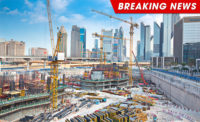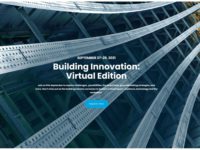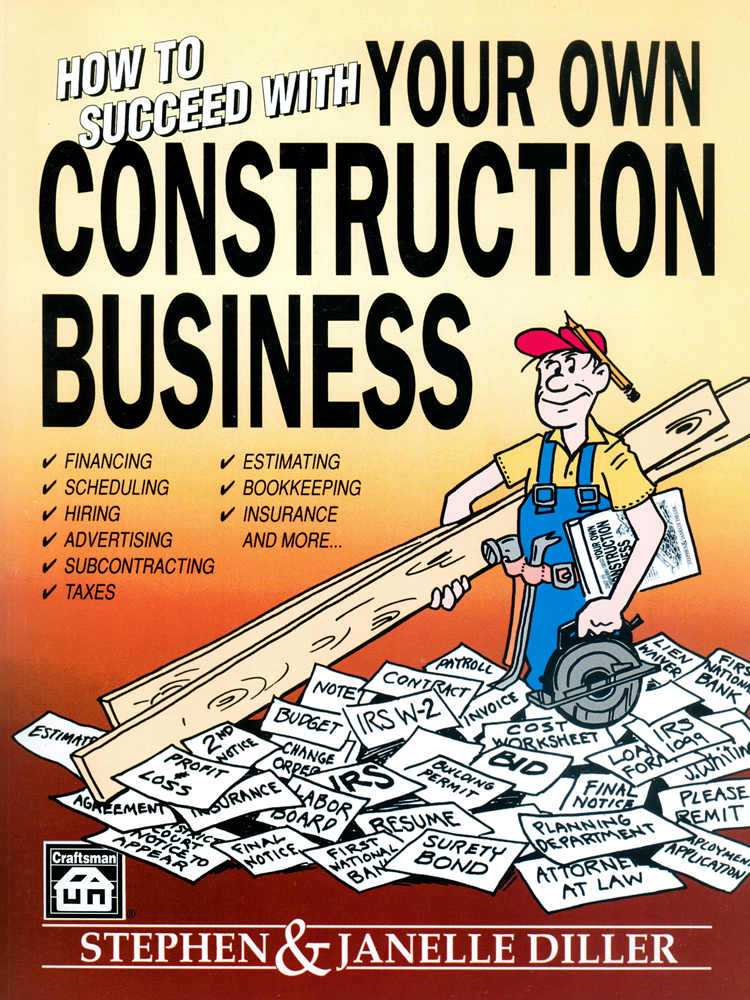In 2020, construction began on Boston’s historic Parcel 12 development. The project is building on air-rights over the Massachusetts Turnpike, covering the surrounding streets and utilities. An air-rights project hasn’t been built in Boston since the Copley Place mall in 1984.
The development is 450,000 square feet of commercial space, featuring two high-rise steel towers with a central plaza and retail space in between. The Parcel 12 centerpiece is the deck, consisting of 520 tons of steel across eight Turnpike lanes and the commuter rail.
The $700-million project will knit together Boston’s Back Bay and Fenway neighborhoods as well as connect the South End and the City of Cambridge. Parcel 12 is designed to address nearby public infrastructure needs, while also providing safe connections around one of the busiest transportation corridors in the city. Construction is scheduled to last through 2023.
The challenge:
Cities are building up instead of out, presenting new challenges for today’s construction. As Parcel 12 is building on air-rights over one of the busiest stretches of highway in New England, construction is extremely complicated. It requires closing one highway lane in each direction in the area of construction as the steel beams and concrete slabs are erected to form a deck over the Turnpike.
Rolling roadblocks on the Turnpike provided construction crews with a 15-minute window to place each beam into position and bolt it into place. These pockets of limited time presented a challenge for fireproofing of the steel beams and concrete slabs. When having to adhere to traffic closure schedules, traditional onsite application of fireproofing could have taken much longer to complete and would have presented a problem for the building owners and other stakeholders.
The solution:
The high profile Parcel 12 project selected GCP’s innovative construction solution and product to accelerate the fireproofing of the deck’s steel beams and concrete planks. A growing building technique, GCP has adopted the use of off-site construction to fireproof today’s complex construction projects.
Off-site application of fireproofing for commercial construction introduces some challenges, and has not been the standard method of construction in the Boston market. It is not a simple process, as there are risks when transporting these enormous beams and slabs hundreds of miles with a freshly applied layer of fireproofing on them. GCP conducted extensive testing, and a mock-up beam was sprayed and transported down to Boston to ensure their durable MONOKOTE® fireproofing product can be applied off-site and withstand transporting on major highways and rural New England roads.
GCP worked closely with the project’s General Contractor, fire protection engineers and application teams throughout the entire process, from years of pre-construction planning, to site visits, to final installation. GCP’s MONOKOTE® Fireproofing was installed onto the steel beams in Canada and on the concrete planks in Vermont. The fireproofed members were then delivered to Boston and were carefully inspected by a team of engineers. The beams and slabs passed all inspections with no need for repairs. They were then erected over the Turnpike, and inspected again, with limited disruption of the flow of traffic into and out of the city. The fireproofing was completed in only six months; a traditional application methodology would have taken much longer and extended the construction schedule. Rather than being part of a problem GCP offered a solution.
“Ambitious projects bring significant engineering challenges, and Parcel 12 is as ambitious as they come,” said Eric Montplaisir, P.E., principal fire protection engineer. “Engineering the fireproofing system for the air-rights portion of the project required consideration of the environment, hazards and also application restrictions. We were able to address the various challenges through the use of Monokote Z-156T along with innovative application techniques to minimize the traffic impacts to the residents of the city.”
This efficient building technique is new in Boston and not common for the United States. Off-site construction provides significant time and cost savings as well as waste reduction, buffering of supply chain delays, among other benefits. The use of off-site construction by GCP to fireproof the Parcel 12 project addressed the critical challenge of the air-rights project over the Turnpike, limiting traffic disruption while completing the fireproofing part of the project on schedule.
With over 70 years of proven performance in the field, GCP is applying their MONOKOTE® fireproofing to new construction innovations. Now Boston’s massive Parcel 12 project will be protected with the highest grade of performance like other prominent projects, such as New York City's Freedom Tower.





